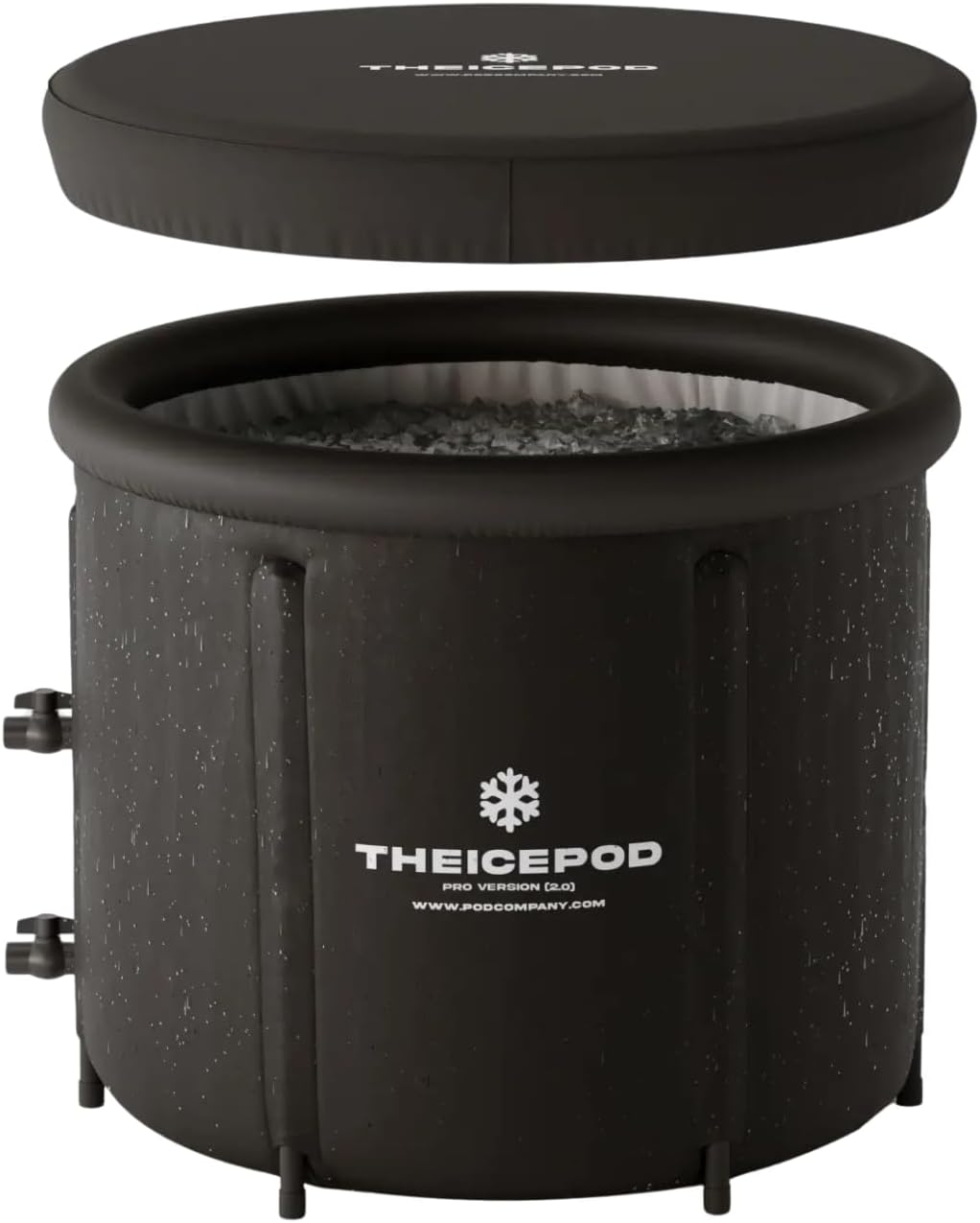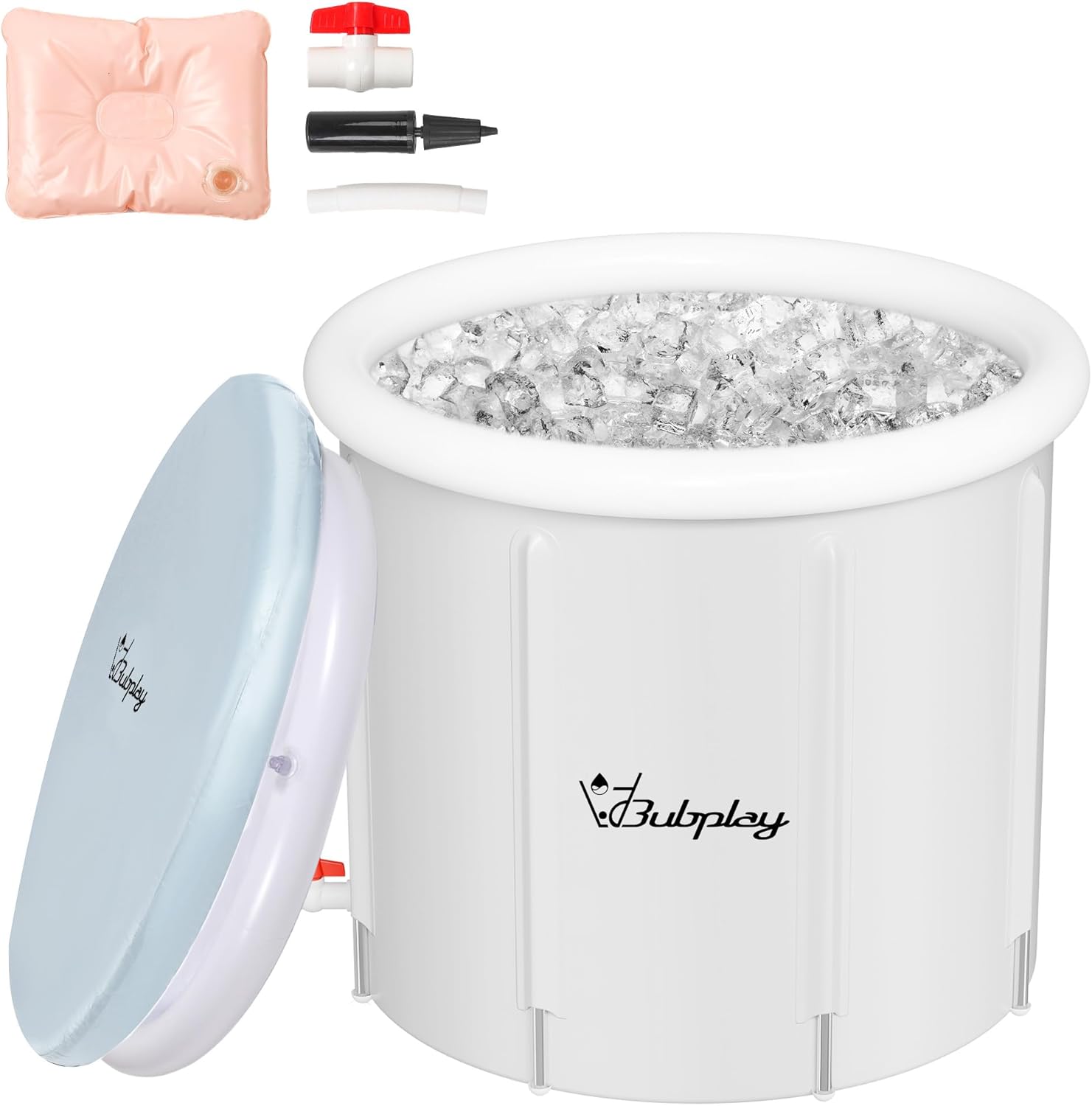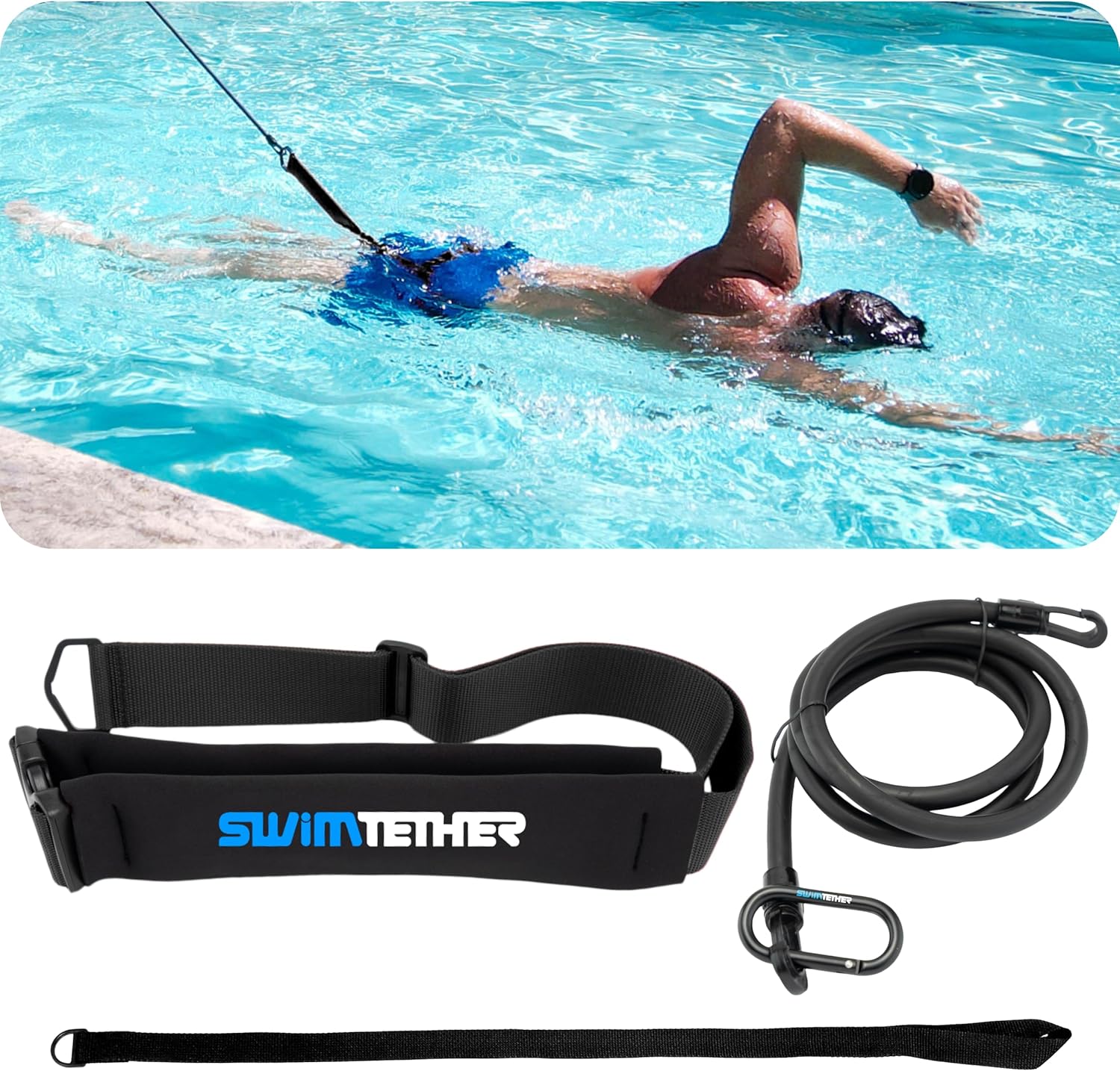💧 Water Therapy & Hydrotherapy for Healing and Recovery
Discover the therapeutic power of water for pain relief, rehabilitation, and holistic wellness
Water therapy, also known as hydrotherapy or aquatic therapy, harnesses the healing properties of water for physical rehabilitation, pain management, and overall wellness. Used for centuries and backed by modern medical research, water-based treatments offer a gentle yet effective approach to healing.
Whether you're recovering from surgery, managing chronic pain, seeking stress relief, or optimizing athletic recovery, water therapy provides unique benefits that land-based treatments cannot replicate.
Why Water Therapy Works
Buoyancy Relief
Water reduces body weight by 90%, decreasing pressure on joints and spine while enabling pain-free movement.
Hydrostatic Pressure
Water pressure improves circulation, reduces swelling and inflammation, and supports cardiovascular function.
Thermal Regulation
Warm water (92-98°F) relaxes muscles, while cold water (50-59°F) reduces inflammation for optimal recovery.
Natural Resistance
Water provides gentle resistance that strengthens muscles without additional weights or equipment.
Types of Water Therapy
🏊 Aquatic Physical Therapy
Prescribed by physicians and physical therapists, aquatic PT uses specialized pool exercises for rehabilitation. Typically conducted in 92-96°F therapy pools, these supervised programs help patients recover from surgery, injuries, and chronic conditions.
Conditions Treated:
- • Post-surgical recovery (knee, hip, spine)
- • Sports injuries (ACL, rotator cuff)
- • Neurological conditions (stroke, MS)
- • Arthritis and joint pain
What to Expect:
- • 30-45 minute sessions, 2-3x per week
- • One-on-one or small group settings
- • Progressive exercise protocols
- • Often covered by insurance
🧊 Cold Water Immersion
A trending recovery method for athletes and wellness enthusiasts, cold plunge therapy involves immersion in 50-59°F (10-15°C) water for 3-15 minutes. Cold exposure triggers vasoconstriction, flushing metabolic waste from tissues. Upon exiting, vasodilation brings fresh oxygen-rich blood for healing.
Benefits:
- • Reduced inflammation
- • Faster muscle recovery
- • Enhanced circulation
- • Mental clarity and mood boost
Best Practices:
- • Start with 3-5 minutes
- • Build tolerance gradually
- • Post-workout timing optimal
- • Consult doctor first
Popular Methods:
Dedicated cold plunge tubs, ice baths (DIY), cold showers (accessible alternative), and cryotherapy chambers (commercial)
🔄 Contrast Therapy
Alternating between hot and cold water creates a powerful pumping effect that flushes inflammation and improves circulation.
Protocol:
- • 3-4 minutes hot water (98-104°F)
- • 1-2 minutes cold water (50-60°F)
- • Repeat 3-5 cycles
- • End with cold for recovery
🧘 Float Therapy
Sensory deprivation tanks (float pods) use Epsom salt solution at skin temperature (93.5°F) to create effortless floating. These 60-90 minute sessions provide profound relaxation.
Benefits:
- • Deep relaxation and stress relief
- • Pain reduction
- • Improved sleep quality
- • Mental clarity and meditation
Best For:
- • Anxiety and stress management
- • Chronic pain conditions
- • Meditation practice
- • Mental recovery
🏃 Aquatic Exercise Programs
Gentle water-based fitness classes designed for specific populations and conditions.
Popular Programs:
- • Water Aerobics for Seniors: Low-impact cardiovascular exercise
- • Arthritis Aquatics: Joint-friendly movement programs
- • Prenatal Aquatic Fitness: Safe exercise during pregnancy
- • Balance & Fall Prevention: Stability training in water
Conditions Treated with Water Therapy
Musculoskeletal
- • Arthritis (osteoarthritis, rheumatoid)
- • Lower back pain
- • Fibromyalgia
- • Post-surgical orthopedic recovery
- • Sports injuries
Neurological & Chronic
- • Multiple sclerosis
- • Parkinson's disease
- • Stroke rehabilitation
- • Cerebral palsy
- • Chronic pain syndromes
Wellness & Prevention
- • Stress and anxiety
- • Insomnia
- • Athletic recovery
- • Circulation problems
- • Injury prevention
Research shows: Aquatic therapy reduces arthritis pain by 40% and improves mobility by 30% compared to land-based exercise alone.
Source: American Physical Therapy Association
How to Start Water Therapy
Consult a Professional
Talk to your doctor or physical therapist, get a referral if needed, and discuss conditions and contraindications.
Find a Facility
Look for hospital rehabilitation centers, physical therapy clinics with aquatic programs, community pools with therapy hours, or wellness centers and spas.
Home Options
Consider cold plunge tubs for recovery, contrast showers (hot/cold alternation), bathtub hydrotherapy, or resistance pool exercises.
Begin Gradually
Start with short sessions (15-20 minutes), focus on gentle movements, monitor how your body responds, and progress slowly and consistently.
⚠️ Safety & Contraindications
Who Should Avoid or Use Caution:
- • Open wounds or infections
- • Uncontrolled seizures
- • Severe heart conditions
- • Recent heart attack or stroke
- • Pregnancy (for hot water exposure)
Always consult your healthcare provider before starting any water therapy program.
Home Water Therapy Guide
Cold Therapy at Home
- • Dedicated cold plunge tub - Premium option for consistent temperature
- • Ice bath in regular tub - Budget-friendly DIY solution
- • Cold showers - Free and accessible daily option
- • Contrast therapy - Alternate hot and cold in shower
Warm Water Therapy
- • Epsom salt baths - Muscle relaxation and recovery
- • Shower hydrotherapy - Targeted warm water massage
- • Essential oil baths - Aromatherapy benefits
- • Bath therapy accessories - Pillows, thermometers, jets
Simple Pool Exercises at Home:
- • Water walking (forward, backward, sideways)
- • Leg lifts and extensions
- • Arm circles and resistance movements
- • Pool wall push-ups
- • Float relaxation exercises
- • Gentle stretching in water
Research-Backed Benefits
Studies demonstrate water therapy's effectiveness:
- • Arthritis: 40% pain reduction (APTA, 2020)
- • Post-surgical recovery: 30% faster mobility restoration
- • Cold immersion: 20% reduction in muscle soreness (Sports Medicine Journal)
- • Float therapy: 50% reduction in cortisol (stress hormone)
- • Chronic pain: 35% improvement in quality of life scores
Water therapy is recognized by: American Physical Therapy Association (APTA), Arthritis Foundation, and American College of Sports Medicine
Frequently Asked Questions
How often should I do water therapy?
Frequency varies by condition and goals. For rehabilitation, 2-3 sessions per week is typical. For athletic recovery or wellness, 3-5 times per week can be beneficial. Always consult with your healthcare provider or physical therapist for personalized recommendations.
Do I need to know how to swim?
No, swimming ability is not required for most water therapy. Aquatic physical therapy typically takes place in shallow water (waist to chest deep) where you can stand comfortably. Flotation devices and therapist support are available when needed.
Is water therapy covered by insurance?
Aquatic physical therapy prescribed by a physician is often covered by insurance, similar to land-based physical therapy. Coverage varies by plan and provider. Check with your insurance company and obtain a referral from your doctor if required.
What's the difference between water therapy and swimming?
Water therapy focuses on therapeutic benefits for healing, pain relief, and rehabilitation using water's properties (buoyancy, pressure, temperature). Swimming emphasizes athletic performance, stroke technique, and cardiovascular fitness. Water therapy is gentler and more accessible for those with injuries or chronic conditions.
How cold should cold plunge water be?
50-59°F (10-15°C) is the optimal temperature range for cold water therapy benefits. Start with shorter durations (3-5 minutes) at the warmer end of this range and gradually build tolerance. Always listen to your body and consult a doctor before starting cold therapy.
Can I do water therapy at home?
Yes! Many water therapy techniques can be adapted for home use including cold showers, contrast baths, Epsom salt baths, and simple pool exercises. For more advanced therapy or rehabilitation, working with a certified aquatic therapist is recommended.
Recommended Water Therapy Equipment
Curated products to support your water therapy practice at home

The Cold Plunge - Premium Cold Water Therapy Tub for Recovery
Professional-grade cold plunge tub with powerful cooling system, insulated design, and easy filtration. Perfect for athletic recovery, wellness, and daily cold therapy practice.
- ✓ Powerful chiller maintains 37°F temperature
- ✓ Insulated design for energy efficiency
- ✓ Easy-clean filtration system
As an Amazon Associate I earn from qualifying purchases

Ice Barrel Cold Plunge Therapy Tub - Portable Ice Bath
Compact, insulated cold plunge tub that holds temperature for hours. Perfect for home use, fits easily in small spaces, and provides authentic cold therapy experience.
- ✓ Holds 77 gallons of water
- ✓ Insulated to maintain cold temperature
- ✓ Portable and easy setup
As an Amazon Associate I earn from qualifying purchases

Inflatable Ice Bath Tub for Athletes - Portable Cold Plunge
Affordable, portable cold therapy solution. Heavy-duty PVC construction, easy to inflate and drain. Perfect for athletes, beginners, and those with limited space.
- ✓ Heavy-duty 0.6mm PVC material
- ✓ Holds up to 80 gallons
- ✓ Includes drain plug and repair kit
As an Amazon Associate I earn from qualifying purchases

TheraBand Aquatic Exercise Dumbbells - Water Resistance Training Set
Professional water dumbbells for aquatic therapy and exercise. Soft foam construction provides resistance without impact. Perfect for rehabilitation and low-impact strength training.
- ✓ Soft EVA foam construction
- ✓ Creates water resistance for strength training
- ✓ Comfortable grip handles
As an Amazon Associate I earn from qualifying purchases

AquaJogger Classic Belt - Water Exercise Flotation Belt
Premium flotation belt for deep water running and aquatic exercise. Provides buoyancy for low-impact cardio and therapy. Trusted by physical therapists and athletes.
- ✓ Provides optimal flotation for deep water
- ✓ Adjustable strap fits most body types
- ✓ Durable EVA foam construction
As an Amazon Associate I earn from qualifying purchases

Speedo Aquatic Fitness Gloves - Water Resistance Training
Webbed fitness gloves increase water resistance for upper body strengthening. Perfect for aquatic therapy, water aerobics, and rehabilitation exercises.
- ✓ Webbed design increases resistance
- ✓ Adjustable wrist strap
- ✓ Neoprene material for comfort
As an Amazon Associate I earn from qualifying purchases
Cold plunge tubs, aquatic exercise equipment, bath therapy, and recovery tools
Continue Your Wellness Journey
Ready to Experience Water Therapy Benefits?
Start with a consultation with your healthcare provider, or explore wellness resources to begin your journey